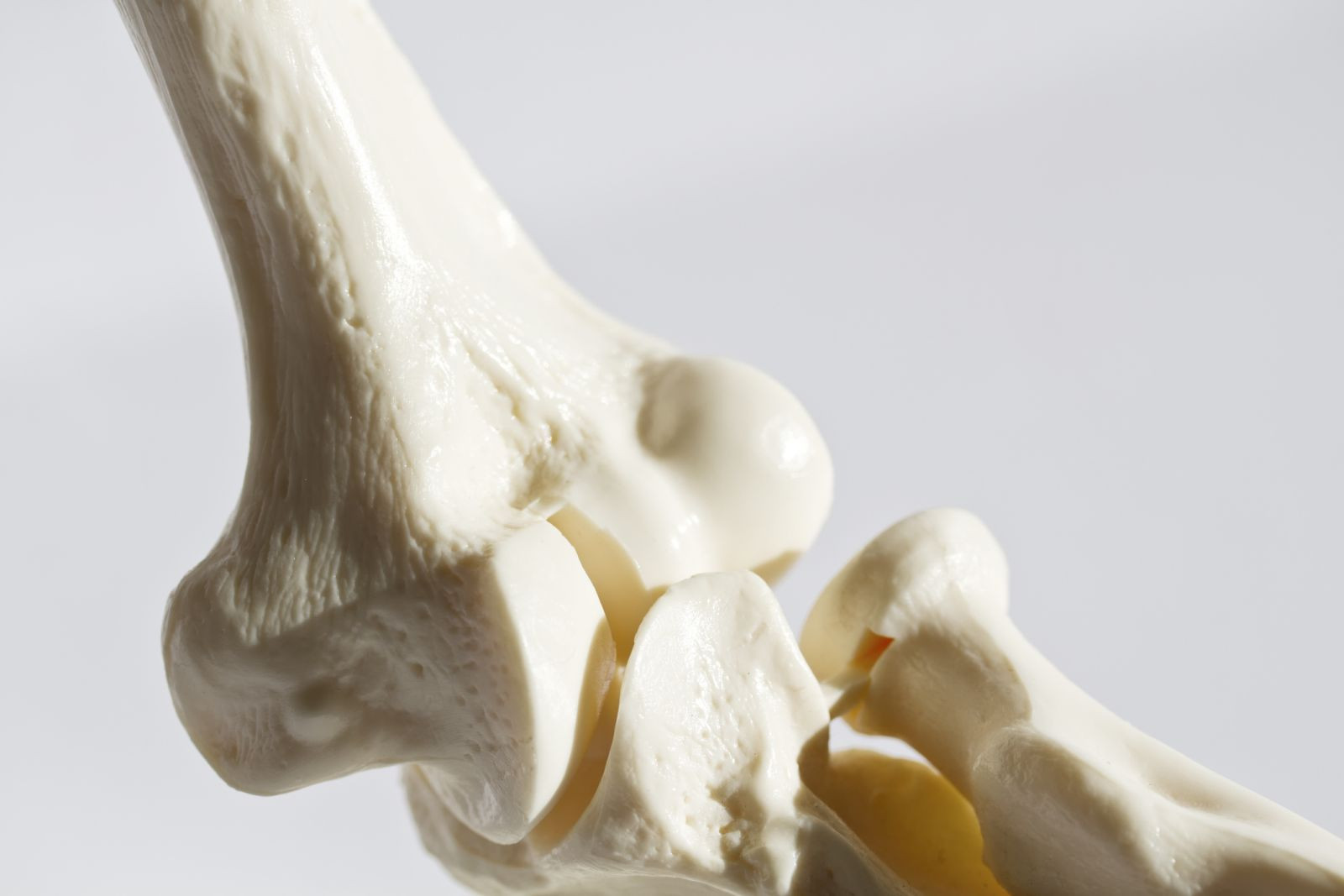
Salmonella is sneaky: Watch out

Two jobs may lower the odds of dying from Alzheimer's disease �� but why?

Mastitis: What to do when your breasts are painfully inflamed

How �� and why �� to fit more fiber and fermented food into your meals

UTI in older women: Why postmenopausal women are susceptible to urinary tract infection, and what to do about it

Can a routine vaccine prevent dementia?

Some adults may need a measles booster shot. Who should get one and why?

Less butter, more plant oils, longer life?

Healthier planet, healthier people

Counting steps is good �� is combining steps and heart rate better?
Women's Health Archive
Articles
Does osteoporosis cause any symptoms?
Ask the doctors
Q. Is there any way to tell if you are getting osteoporosis? Are there symptoms?
A. Osteoporosis is a disease that causes your bones to become weak and brittle and more likely to break. Unfortunately, you probably won't have any symptoms until the disease is advanced or you actually experience a fracture. However, there are two visible clues of osteoporosis: changes in your posture (such as a hunched-over appearance) and loss of height. Both of these changes may be caused when your spine becomes curved or compressed from weakness or tiny fractures (called compression fractures) in your vertebrae, the small bones that make up your spine.
How false assumptions about weight may affect your health
It's called "weight bias," and even health care providers aren't immune.
��Image: © Photodisc/Thinkstock
If you've ever delayed a doctor's appointment so you could lose a few pounds before your annual weigh-in, or hesitated to exercise in public because you felt self-conscious among a sea of hard-bodied gym goers, your weight may be affecting your health �� but not in the way you might think.
Even if you're otherwise healthy, sometimes excess pounds bring increased health risks, especially if they keep you from following recommended health practices that offer protection over the long term.
Women’s stroke rate stubbornly steady
As a group, men have nudged down their stroke numbers over the past decade. Why haven't women seen the same improvement?
��Image: © stockdevil/Thinkstock
Men are less likely to have strokes than they were 10 years ago, but the risk for women has stayed about the same, according to a study of stroke data from Ohio and Kentucky, published online on August 21 by Neurology.
The question is, why?
"This study raises important concerns about the lack of decline in stroke rates in women," says Dr. Kathryn M. Rexrode, associate professor of medicine and chief of the Division of Women's Health at Harvard Medical School. Study authors suggested it's likely that better treatments for high blood pressure, high cholesterol, and diabetes, and a reduction in the number of people smoking helped to reduce the risk for men for having the most common type of stroke �� ischemic stroke, which is typically caused by a clot that blocks blood flow to the brain. But women, who in theory should benefit from the same interventions, didn't see any improvement in their stroke rates over the study period.
Test may someday help predict diabetes risk
All women, regardless of risk, should focus on preventing diabetes.
Can a blood test act as a crystal ball, alerting you to a health hazard that may await you down the road? Researchers say they've found one that may do just that for diabetes. It could help predict whether women �� even ones with no other signs of the disease �� may develop the condition in the future.
In a study published online June 21 by the Journal of Clinical Lipidology, researchers showed that in many cases, a test called lipoprotein insulin resistance (LPIR) did a better job, at predicting which women would go on to develop diabetes, says Dr. Samia Mora, one of the study authors and associate professor of medicine at Harvard Medical School. In many cases, it was more accurate than traditional measures �� such as
Study links gum disease to cancer in older women
Experts says it's too early for alarm, but the findings provide another good reason to pay attention to oral health.
��Image: © Glayan/Thinkstock
Is gum disease linked to cancer? A study published in the August issue of Cancer Epidemiology, Biomarkers & Prevention suggests a tie between the two, finding that older women with gum disease had a higher risk for cancers of the breast, lung, and esophagus as well as melanoma, the most dangerous form of skin cancer.
But it's not time to sound the alarm just yet, because while the study was published in a well-regarded journal, it had limitations that may have affected the results, says Alessandro Villa, instructor in oral medicine, infection, and immunity at the Harvard School of Dental Medicine and associate surgeon at Brigham and Women's Hospital. Even so, he says, your oral health should still be a top priority because while it may be premature to say gum disease and cancer are linked, research has shown that gum disease, also known as periodontal disease, may increase the risk of heart disease and other health problems.
Contrary to popular belief, epidurals don’t prolong labor. Phew.
Challenging a long-held belief, a new study found that women who received epidural anesthesia during labor did not have prolonged labor or higher rates of cesarean births.

Salmonella is sneaky: Watch out

Two jobs may lower the odds of dying from Alzheimer's disease �� but why?

Mastitis: What to do when your breasts are painfully inflamed

How �� and why �� to fit more fiber and fermented food into your meals

UTI in older women: Why postmenopausal women are susceptible to urinary tract infection, and what to do about it

Can a routine vaccine prevent dementia?

Some adults may need a measles booster shot. Who should get one and why?

Less butter, more plant oils, longer life?

Healthier planet, healthier people

Counting steps is good �� is combining steps and heart rate better?
Free Healthbeat Signup
Get the latest in health news delivered to your inbox!
Sign Up











